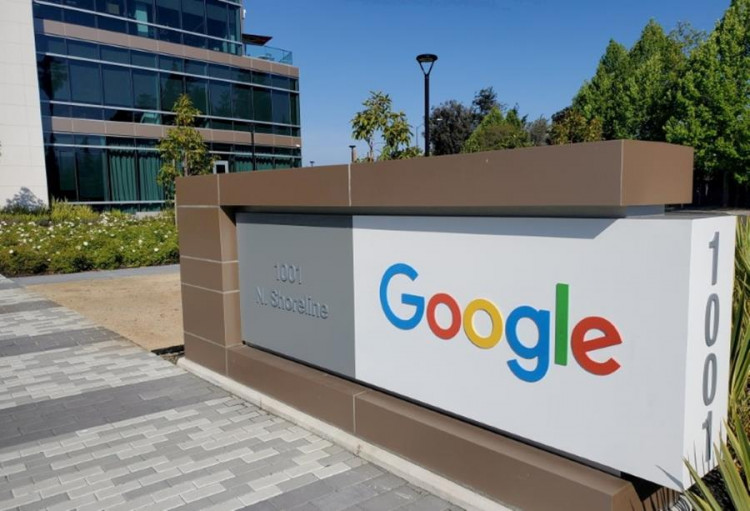Google has commenced a phased blocking of third-party cookies in its Chrome browser, affecting about 30 million users worldwide. This move is part of a broader, years-long plan to eliminate these tracking tools, marking a considerable change in how the internet operates and stirring debate across the tech and advertising industries.
The initial phase of this transition began on January 4th, 2023, with Chrome disabling cookies for 1% of its users. By the year's end, the plan is to eradicate cookies in Chrome entirely - a substantial step given that Chrome accounts for around 60% of internet users. This development was confirmed by Victor Wong, Google's senior director of product management for Privacy Sandbox, who emphasized the company's commitment to keeping internet activity private while maintaining a free and open web.
Cookies, particularly third-party variants, have long been a contentious issue. They are small files stored on devices to collect analytic data, personalize online ads, and monitor browsing behavior. However, they've also been criticized for contributing to invasive tracking and a lack of user privacy. While first-party cookies, which are operated by the website you're visiting and can enhance user experience, are not being targeted, Google's focus is on eliminating third-party cookies that are widely used for online advertising and tracking.
The Chrome browser will now include new features to disable Tracking Protection if it detects a website is having issues, alongside a set of controls in the "Privacy and security" section of Chrome's settings. Users will see a new eyeball logo in the URL bar when tracking protection is on, indicating that no cookies are being dropped on them. However, this doesn't signify the end of all tracking. Google is replacing cookies with the "Privacy Sandbox," a set of technologies where the Chrome browser itself tracks online activity but stores that data on the device instead of sending it to external servers. Companies can then access broad information about user groups, but individual browsing behavior remains concealed according to Google's rules.
The advertising industry has expressed concerns over this transition. While some view it as a move towards a more private internet, others, like Phil Duffield from The Trade Desk, argue it benefits Google more than anyone else and could make it harder for publishers to generate revenue. The Competition and Markets Authority in the UK is among the regulators keeping a close eye on these developments, prepared to intervene if they believe the changes will harm other businesses.
As Google embarks on this ambitious project, the reactions are mixed. Privacy advocates like the Electronic Frontier Foundation criticize it for potentially consolidating tracking under Chrome's control, while some in the tech industry view it as an anticompetitive threat. However, Google contends that it's striking a balance to improve consumer lives and support the ecosystem of publishers, creators, and developers. As this major shift unfolds, it's clear that the balance between user privacy and the economic needs of the web remains a complex and contentious issue.






